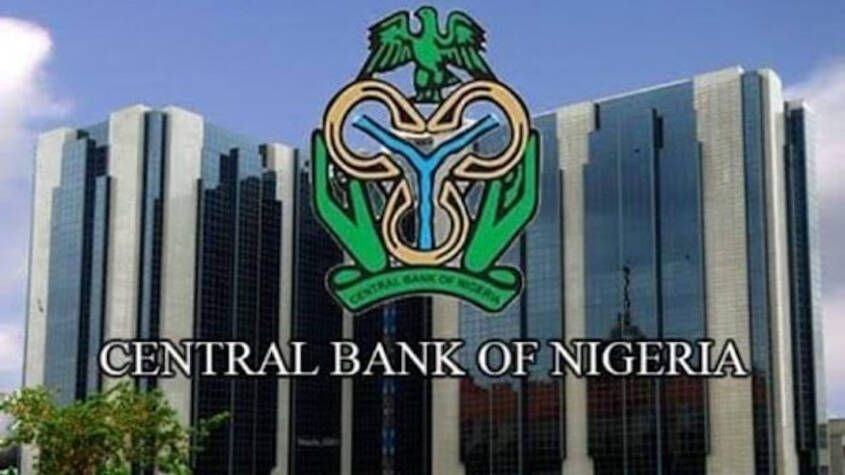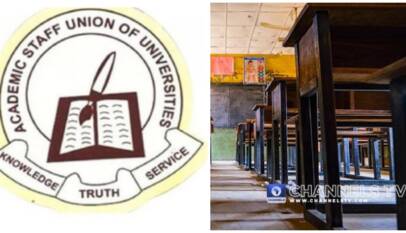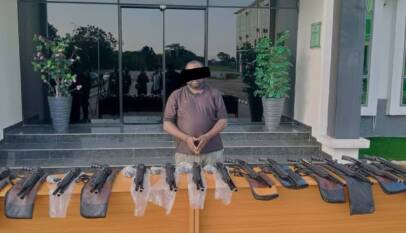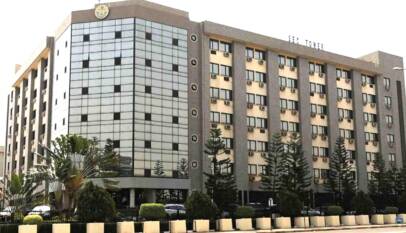Douglas Maha, Abuja
The Socio-Economic Rights and Accountability Project (SERAP) has filed a lawsuit against the Central Bank of Nigeria (CBN) for allegedly failing to disclose details of direct payments made to Nigeria’s 774 Local Government Areas (LGAs), including Rivers State.
The suit, filed at the Federal High Court in Lagos and registered as FHC/L/MSC/521/2025, seeks to compel the CBN to release full information on allocations sent to each council in compliance with a 2024 Supreme Court ruling.
The Supreme Court had ruled that all allocations from the Federation Account must be paid directly to democratically elected local government councils, and declared that state governors have no authority to retain or manage local government funds. SERAP argues that the CBN is constitutionally obligated to promote transparency and accountability by disclosing the details of these direct allocations.
Represented by lawyers Kolawole Oluwadare and Oluwakemi Oni, SERAP maintains that CBN’s compliance is essential to uphold the Nigerian Constitution and ensure financial accountability across all tiers of government. The group accuses state governors of defying the Supreme Court order and continuing to withhold funds, thereby undermining the rule of law and exacerbating poverty.
With the 2027 general elections approaching, SERAP warns that allowing state governments to divert local government funds violates constitutional governance and deprives communities of essential services. The organisation emphasises that direct allocation to LGAs is crucial to reducing poverty and improving public service delivery.
This legal action follows a 2024 suit filed by the Federal Government against the 36 state governors for mismanaging local government funds. The Supreme Court subsequently ruled that local governments must receive their allocations directly from the Federation Account. Following the judgment, the Federal Government directed all LGAs to open accounts with the CBN to ensure compliance and transparency in disbursement.
SERAP’s lawsuit aims to enforce the Supreme Court’s directive, promote fiscal responsibility, and protect the rights of citizens at the grassroots by holding the CBN accountable for disclosing public financial records.



































